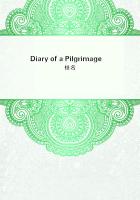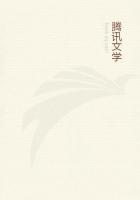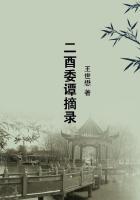"Supposing, therefore, that you have duly prepared yourself for the worst by all these reflections, I proceed to tell you the melancholy news, that your book has been very unfortunate, for the public seem disposed to applaud it extremely. It was looked for by the foolish people with some impatience; and the mob of literati are beginning already to be very loud in its praises. Three bishops called yesterday at Millar's shop in order to buy copies and to ask questions about its author. The Bishop of Peterborough said he had passed the evening in a company where he heard it extolled above all books in the world. The Duke of Argyll is more decisive than he uses to be in its favour. I suppose he either considers it an exotic or thinks the author will be serviceable to him in the Glasgow elections.
Lord Lyttleton says that Robertson, and Smith, and Bower are the glories of English literature. Oswald protests he does not know whether he has reaped more instruction or entertainment from it. But you may easily judge what reliance can be placed on his judgment who has been engaged all his life in public business, and who never sees any faults in his friends.
Millar exults and brags that two-thirds of the edition are already sold, and that it is sure of success. You see what a son of earth that is, to value books only by the profit they bring him. In that view, I believe, it may prove a very good book.
"Charles Townsend, who passes for the cleverest fellow in England, is so taken with the performance that he said to Oswald he would put the Duke of Buccleuch under the author's care, and would make it worth his while to accept of that charge. As soon as I heard this I called on him twice, with a view of talking with him about the matter, and of convincing him of the propriety of sending that young nobleman to Glasgow; for I could not hope that he could offer you any terms which would tempt you to renounce your professorship. But I missed him.....
"In recompense for so many mortifying things, which nothing but truth could have extorted from me, and which I could easily have multiplied to a greater number, I doubt not but you are so good a Christian as to return good for evil; and to flatter my vanity by telling me that all the godly in Scotland abuse me for my account of John Knox and the Reformation,"etc.
The invitation referred to by Hume in this letter to travel with the Duke of Buecleuch came in about four years time; and the liberal terms in which the proposal was made, together with the strong temptation to travel, led to a final resignation of the Glasgow professorship.
But here again curiosity is doomed to disappointment; for Adam Smith wrote no journal of his travels abroad, and he had such an aversion to letter-writing that no records of this sort preserve his impressions of foreign life. (4) Scarcely more than the bare outline of his route is known. Some two weeks at Paris were followed by eighteen months at Toulouse. Then a tour in the South of France was followed by two months at Geneva; and from Christmas, 1765, to the following October the travellers were in Paris, this latter period being the only one of any general interest, on account of the illustrious acquaintances which the introductions of Hume enabled Adam Smith to make in the French capital.
During this period Adam Smith became acquainted with the chief men of letters and philosophers of Paris, such as D'Alemhert, Helvetius, Marmontel, Morellet; and it is to be regretted that Morellet, who mentions the fact of conversations between himself, Turgot, and Adam Smith, on subjects of political economy and on several points connected with the great work then contemplated by the latter, should have given us no clue to the influence Turgot may have had in suggesting or confirming the idea of free trade.
That the intercourse between them became intimate may at least be inferred from the unverified story of their subsequent literary correspondence;and to Quesnai, the economist, it is known that Adam Smith intended, but for the death of the former, to have dedicated his Wealth of Nations .
`With Morellet, too, Adam Smith seems to have been intimate. The abbérecords in his Memoirs that he kept for twenty years a pocket-book presented to him as a keepsake by Adam Smith. The latter sent him also a copy of the Wealth of Nations ten years later, which Morellet, with his usual zeal for translating, set to work upon at once. The Abbé Blavet, however, was again the first in the field, so that Morellet could not find a publisher. It is worth noticing that Morellet mentions the fact that Adam Smith spoke French very badly, which is not the least inconsistent with his biographer's claim for him of an "uncommonly extensive and accurate knowledge" of modern languages.

